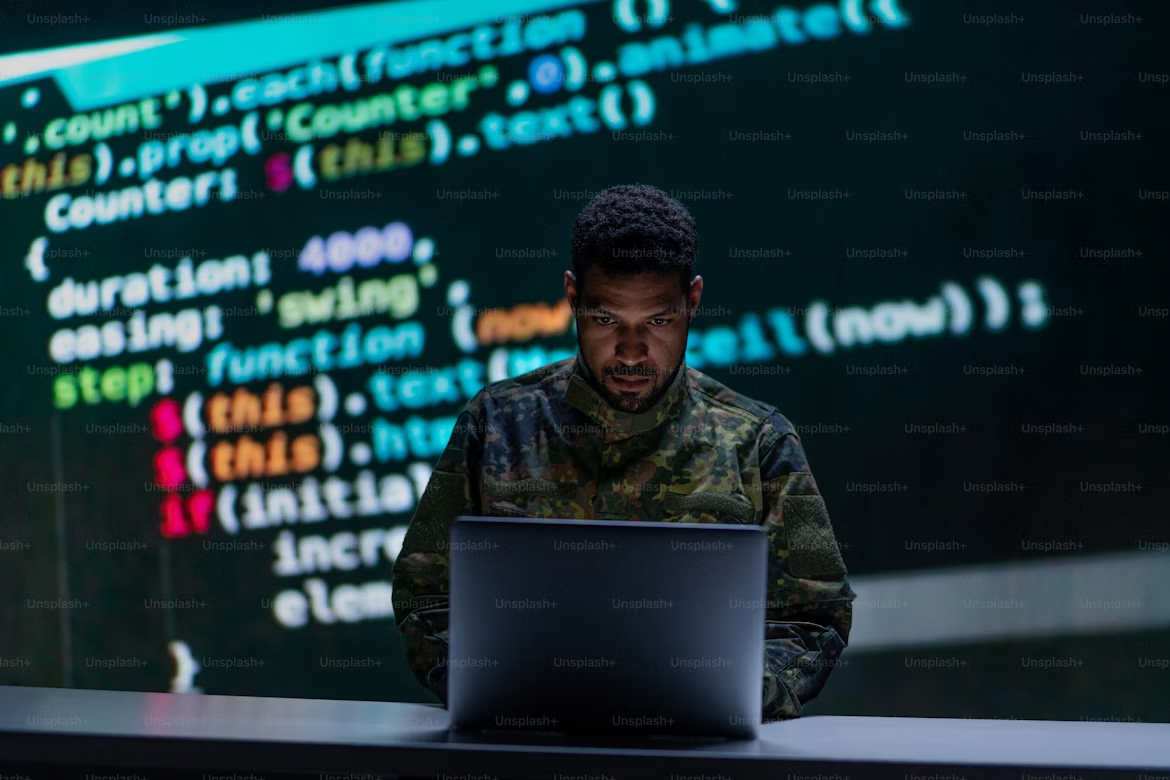
In today’s digitally driven world, the significance of cyber security cannot be overstated. As the digital landscape expands, so too does the complexity of threats that businesses and individuals face online. This has led to a burgeoning demand for skilled professionals who can safeguard systems and data from malicious attacks. A Bachelor of Technology (B.Tech) in Cyber Security is a key pathway into this critical field. This degree equips students with skills to protect digital assets and helps them anticipate and address emerging cyber threats.
Understanding the Core of B.Tech in Cyber Security
A B.Tech in Cyber Security is an undergraduate program that combines technology, science, and management to protect network infrastructures and data. The curriculum equips students with a solid understanding of key areas, including network security, software security, threat analysis, cryptography, and ethical hacking. Unlike traditional computer science programs, this degree focuses on specific strategies and tools to defend against cybercrime.
Curriculum and Learning Outcomes

The program typically spans four years, during which students undergo rigorous training in both theoretical and practical aspects of cyber security. The first year usually dedicated to foundational courses in computer science and basic engineering concepts. As students advance, they delve deeper into specialized subjects such as digital forensics, secure coding practices, compliance standards, and risk management.
One of the key components of the curriculum is the emphasis on real-world applications. Many programs incorporate hands-on labs, where students can work with actual cyber security tools and technologies. Additionally, internships with tech companies or government agencies are encouraged—or in some cases, required—to provide students with practical experience in the field.
Career Prospects and Industry Demand
Graduates of a B.Tech in Cyber Security program are well-prepared to enter a variety of roles within the tech industry. Common career paths include roles as security analysts, penetration testers, security architects, and consultants. Given the global increase in cyber attacks, the demand for cyber security professionals expected to rise significantly. Industries such as finance, healthcare, government, and retail, which handle large volumes of sensitive data, are particularly in need of experts to secure their operations.
Moreover, the evolution of technologies like the Internet of Things (IoT) and artificial intelligence (AI) has introduced new challenges in the cyber security domain, thereby creating additional opportunities for specialized roles. Professionals with a B.Tech in Cyber Security also well-suited for careers in developing security solutions for these emerging technologies.
Challenges and Ethical Considerations

The field of cyber security is not just about technical skills; it also involves significant ethical considerations. Cyber security professionals handle sensitive information and must follow strict ethical guidelines to protect data privacy. A B.Tech in Cyber Security includes courses on ethics, teaching students about their legal and moral responsibilities in the field.
Furthermore, the dynamic nature of cyber threats means that professionals must continually update their skills and knowledge. This requires a commitment to lifelong learning and adaptation. Cyber security is a field where the learning never stops, as the development of new technologies and techniques continually shifts the landscape of potential vulnerabilities.
Conclusion
A B.Tech in Cyber Security offers a strong pathway for those wanting to impact the digital world. The program provides essential technical skills to defend against cyber threats. It also prepares graduates for the ethical and practical challenges in their careers. As the digital landscape grows, the role of cyber security professionals becomes increasingly vital. This degree is a valuable investment in technology and security. Whether protecting global corporations or securing personal data, graduates are ready to defend the integrity of our digital world.







